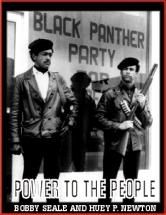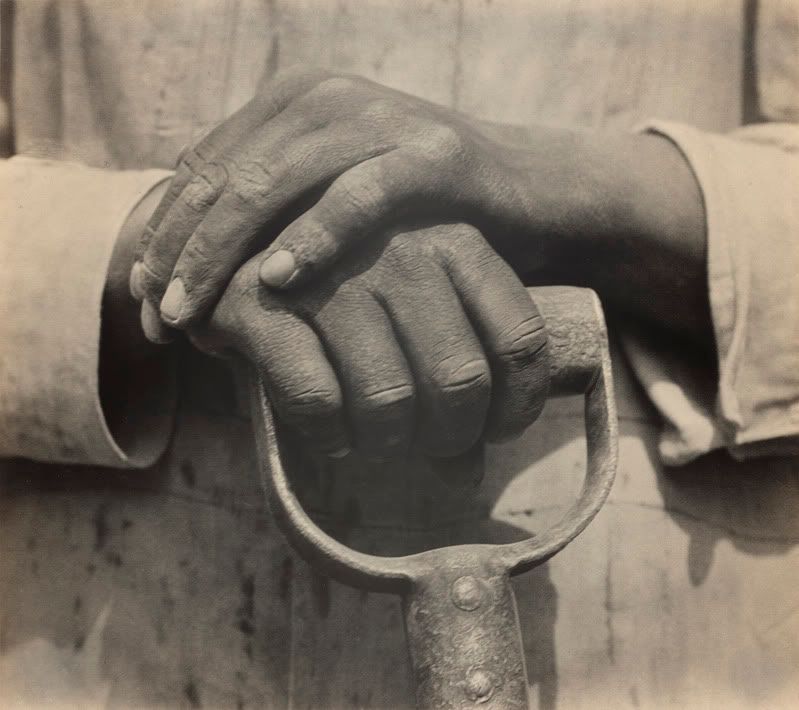
On a return trip from an impromptu visit to Columbus I met a man of Dominican heritage who noticed I was reading Rodolfo Acuña's Occupied America: A History of Chicanos. Turns out he is a kind of peace/radical activist of some sort. He travels around the country speaking on various issues.
But I have to say that talking with him was like brushing against the ideologies of my budding early teen activism beginning with the Columbus chapter of Anti-Racist Action. Not only did he hand my a pamphlet I'm pretty sure I owned when I was thirteen on COINTELPRO and its continuation, but also a copied-so-many-times-the-text-is-illegible Black Panther flier. This man was potentially in his late 30s or 40s, and he presented information to me with an attitude that suggested that his every statement should be revelatory.
I don't want to sound patronizing, but I see myself now at some sort of remove from the realm of the political projected by that well intentioned man. Particularly, because he rattling off these implicitly anti-semitic comments about Jews owning the media, which if you actually look at the data there hasn't been the critical mass of Jewish ownership of media conglomerates since the 1960s (he should think about a frightening Aussie running shit instead and the rise of conglomerate produced media).
I guess I don't want to think about this man's thinking about politics as emerging from a kind of ethical bent and personal practice to be obsolete, but I think my understanding of the ways in which governmentality, imperialism, and capitalism shape the space of the political is radically different from what it was when I was passing out the aged fliers he uses to make his speeches. But moreover the arrangement of players and conflicts have changed necessarily reshaping how we understand the political landscape: certain ethnic and raced conflicts don't take shape in the ways that this era of thinking projects (as in the consistent exploitation of African-Americans by Jews for example, there are and have always been working class Jews).
I guess this was a good reminder for me about the minimal progress I've made to think about the contemporary and the possibilities and limitations of the present.




















